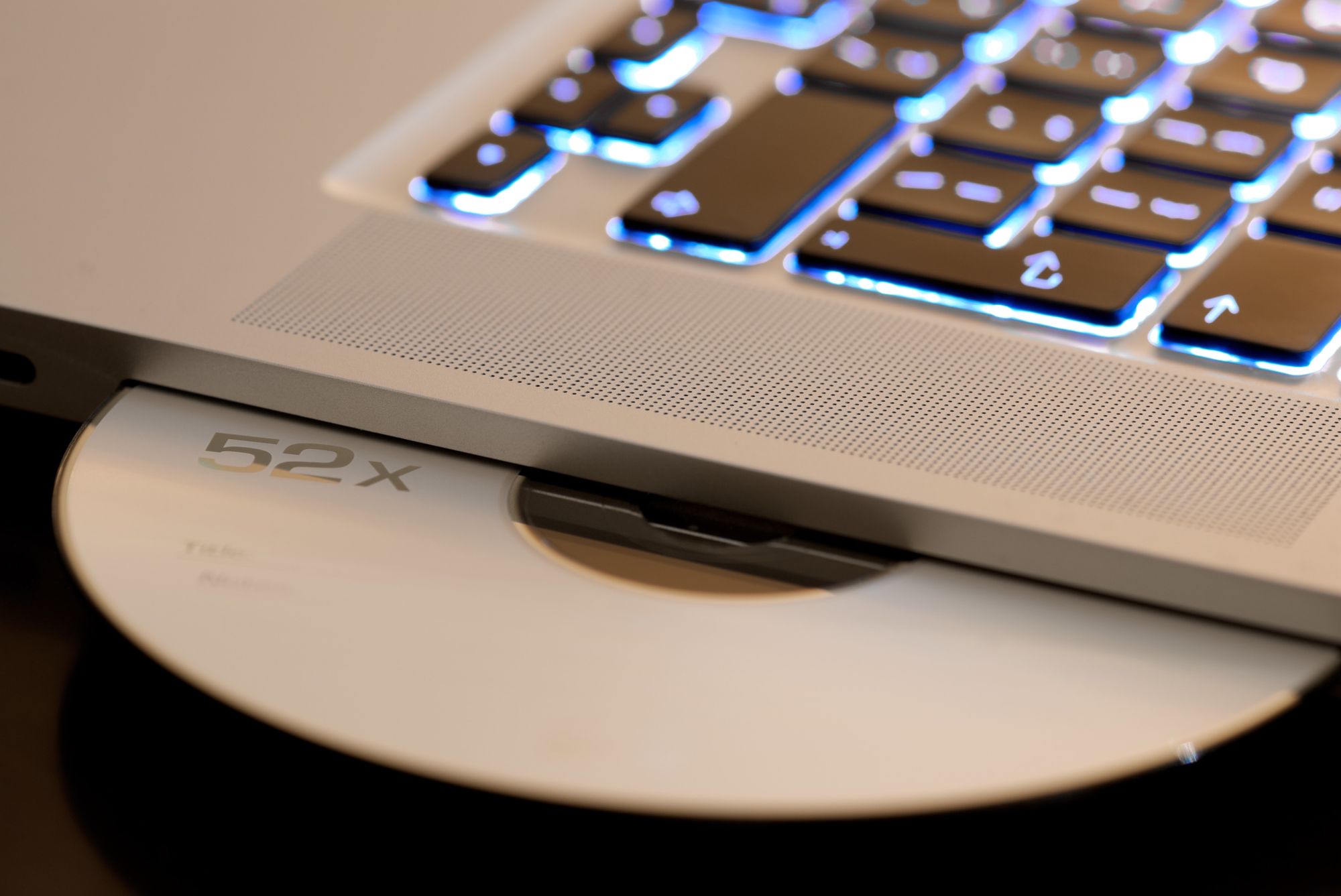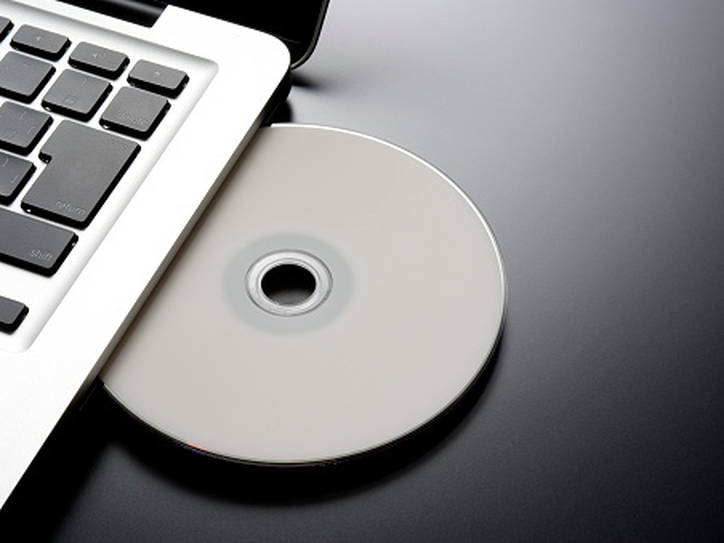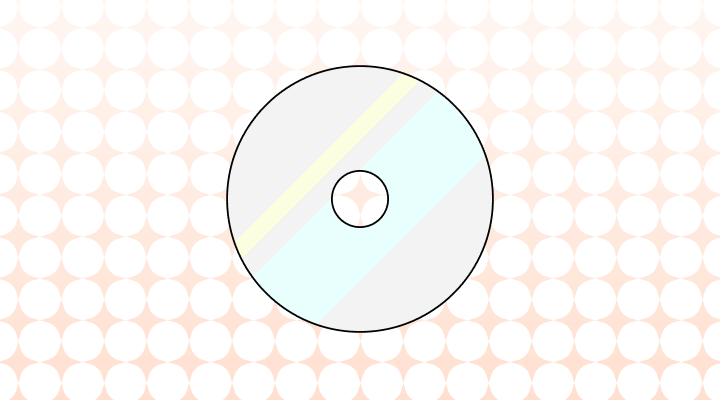A disc or disk is a flat, typically circular object or surface with a defined edge. The difference in spelling depends on whether the object is used in the context of American or British English, and also its usage.
The debate between disc and disk is a classic example of linguistic divergence in the English language, one that has puzzled writers, editors, and language enthusiasts for decades. While both terms are commonly used in various contexts, their subtle distinctions can lead to confusion.
When is disc with a c used?
Disc, typically spelled with a c, is often associated with optical media, such as compact discs (CDs) and digital versatile discs (DVDs). These are flat, circular storage devices used for music, videos, software, and other data. The spelling "disc" is commonly used in British English.

Example sentences
- The DJ placed the vinyl disc on the turntable and let the music spin.
- As the disc spun faster and faster, the sound of the music grew more intense.
- The disc jockey scratched the record, creating a distinctive sound effect.
- When the disc skipped, it produced an unexpected and jarring sound.
- The old disc player emitted a faint humming sound as it read the data.
- He inserted the disc into the computer, and it made a satisfying click as it loaded.
- The spinning disc of the hard drive emitted a subtle whirring noise.
- With each revolution, the disc's surface scraped against the stylus, creating a unique sound.
- The disc brakes on the car squealed loudly as it came to a sudden stop.
- The disc-shaped wind chimes tinkled in the breeze, producing a soothing melody.
These sentences showcase various ways in which "disc" can be associated with sound or sound-related devices.
When is disk with a k used?
Disk, spelled with a k, means flat circular object, but is more commonly used in American English and is generally linked to magnetic storage devices like hard disks (or hard drives) and floppy disks. These devices utilize magnetic technology to store and retrieve data, and the "k" spelling distinguishes them from optical discs.
Example sentences
- The computer's hard disk stores all of the operating system and user data.
- I need to upgrade my laptop's disk drive to a faster solid-state disk (SSD).
- The external disk connected to the server is used for data backup.
- Make sure to eject the USB disk safely before unplugging it from your computer.
- The disk array in our data center provides high-speed storage for our company's files.
- You can use a disk partitioning tool to divide your hard disk into multiple volumes.
- The optical disk drive in my computer can read both CDs and DVDs.
- The computer technician replaced the faulty disk controller to fix the storage issue.
- It's important to defragment your disk regularly to optimize disk performance.
- I accidentally dropped my portable hard disk, and now it's making strange clicking sounds.
However, it's important to note that these distinctions are not rigidly followed, and the choice between "disc" and "disk" can vary depending on region, industry, and personal preference. Some publications, style guides, and companies may adopt one spelling over the other for consistency, but in casual communication, both terms are often used interchangeably.
Are disc and disk pronounced differently?
No, they are pronounced the same.
Common idioms/phrases
Idioms and phrases related to "disc" and "disk" are not very common, as these terms are typically technical or specific in their usage. However, here are a few idioms and phrases that may be loosely associated with these words:
- "Off the record": This phrase is often used to mean something is unofficial or not to be documented, similar to how data can be stored off a physical record on a disk.
- "A broken record": This phrase refers to someone who repeats the same thing over and over, much like a scratched or damaged vinyl record.
In summary, the debate over "disc" vs. "disk" exemplifies the nuances of language evolution and regional differences. While they represent distinct types of storage media, their usage can overlap, leading to a fascinating linguistic conundrum for writers and language aficionados.
Want to sound like a native speaker?
Engram’s AI-powered grammar checker makes your English sound like a native speaker’s, suggesting natural English expressions on top of fixing grammar, spelling, punctuation, word order, and vocabulary.

Reference:














